Introduction
The Manual Broiler Cage is a cost-effective and reliable solution for poultry farmers who prefer hands-on control over broiler management. Unlike fully automatic or semi-automatic systems, manual broiler cages require human intervention for feeding, watering, and bird harvesting, making them ideal for small to medium-sized farms, family-owned poultry operations, or regions where electricity and automation infrastructure are limited.
Designed for durability and simplicity, the manual broiler cage ensures bird safety, hygiene, and efficient space utilization. Constructed from hot-dip galvanized steel frames and corrosion-resistant wire mesh, the cage can withstand the challenging environment of poultry houses, including high humidity and constant movement.
Manual broiler cages provide flexibility, low maintenance, and straightforward operation, allowing farmers to focus on bird health, growth monitoring, and quality control, all while maintaining a budget-friendly investment.
Technical Parameters
Cage Type | Manual Broiler Cage |
Harvesting Type | Manual |
Cage Dimensions | 1950 × 450 × 380 mm per tier (adjustable) |
Number of Tiers | 2–4 tiers |
Capacity | 80–120 birds per cage unit depending on design |
Cage Frame Material | Hot-dip galvanized steel wire and frame |
Wire Diameter | 2.5–3.6 mm |
Feeding System | Manual pan feeding or trough feeding |
Drinking System | Manual nipple drinkers or water lines |
Manure Removal | Pull-out tray or manual belt cleaning |
Ventilation | Natural or forced ventilation compatible |
Optional Systems | Lighting, waterers, removable trays for cleaning |
Features of Manual Broiler Cage
1. Simple and Reliable Design
Manual broiler cages are easy to assemble and operate. The simple design ensures stability and minimizes breakdowns, making it perfect for farmers who prefer a hands-on approach.
2. Manual Feeding and Watering
Farmers can control feed quantity and timing, adjusting based on bird age and growth. Nipple drinkers or manual water lines provide clean water consistently.
3. Manual Bird Harvesting
Birds are collected manually, giving farmers direct control over quality and handling, reducing stress and injuries compared to automated systems in small-scale operations.
4. Pull-out Tray or Belt Manure Removal
Manure is collected using manual trays or belts, keeping the cage hygienic while allowing farmers to monitor waste and health indicators.
5. Durable Construction
Hot-dip galvanized steel frame and corrosion-resistant wire mesh provide long-lasting performance, even in humid or high-ammonia environments.
6. Flexible Space Utilization
Cages can be stacked in multiple tiers (2–4), optimizing floor space and allowing farmers to manage more birds in smaller areas.
7. Easy Maintenance
The straightforward design ensures quick inspection, cleaning, and repairs, reducing downtime and operational stress.
Advantages
1. Cost-Effective
Manual broiler cages have a lower initial investment compared to automated systems, making them accessible for small and medium-sized farms.
2. Labor Control
Farmers maintain direct oversight of daily operations, ensuring feed efficiency, bird health, and proper harvesting practices.
3. Improved Bird Welfare
Manual handling reduces stress during harvesting and feeding, as farmers can monitor birds closely and respond to any health issues immediately.
4. Scalable
Stackable cage designs allow farms to expand gradually without large upfront investment in automation.
5. Low Maintenance
Fewer mechanical parts mean lower maintenance costs and simpler troubleshooting compared to automatic or semi-automatic systems.
6. Adaptable to Various Environments
Manual cages can be installed in climate-controlled or naturally ventilated poultry houses, providing flexibility across regions.
7. High Durability
Corrosion-resistant materials extend the service life, ensuring the cage lasts 15–20 years with proper care.
Application Scenarios
1. Small to Medium Broiler Farms
Perfect for family-owned farms or small-scale operations managing 1,000 to 20,000 broilers.
2. Rural or Off-Grid Areas
Ideal for regions with limited electricity or unreliable power supply where fully automated systems are impractical.
3. Research or Breeding Farms
Provides easy access to individual birds for monitoring growth, health, and experimental purposes.
4. Contract Growers
Allows for hands-on quality control during harvesting, ensuring birds meet contract specifications.
5. Flexible Housing
Can be used in naturally ventilated or mechanically ventilated poultry houses, adaptable to various climates.
Usage Instructions
1. Installation
Prepare a level, dry surface for cage installation.
Assemble cage units according to manufacturer instructions, ensuring tier stability.
Install feeding pans, water lines, and pull-out trays.
2. Daily Operation
Load chicks evenly to prevent overcrowding.
Provide feed and water at regular intervals.
Monitor bird health, ensuring clean water and consistent feed consumption.
3. Manual Harvesting
Open cage doors carefully.
Collect birds manually, inspecting for weight, injuries, or signs of disease.
Use gentle handling techniques to minimize stress.
4. Cleaning and Maintenance
Remove manure trays or belts daily.
Disinfect trays, feeding pans, and water lines weekly.
Inspect cage frames for wear or corrosion periodically.
5. Safety Precautions
Wear gloves and protective clothing during maintenance.
Avoid overloading cages to prevent bird injury.
Keep feed and water lines clean to prevent contamination.
Frequently Asked Questions (FAQ)
Q1: What is the main difference between manual and automatic broiler cages?
A: Manual cages require human labor for feeding, watering, and harvesting, while automatic cages perform these functions mechanically.
Q2: How many birds can each manual cage hold?
A: Depending on design, each unit can house 80–120 broilers comfortably.
Q3: Can manual cages be stacked?
A: Yes, 2–4 tiers are possible, depending on ceiling height and ventilation.
Q4: What materials are used for the cage?
A: Hot-dip galvanized steel frames and corrosion-resistant wire mesh.
Q5: How often should manure be removed?
A: Daily removal is recommended for hygiene and to reduce ammonia buildup.
Q6: Is electricity required for manual broiler cages?
A: No, manual cages do not require electricity for feeding or harvesting.
Q7: Can manual cages be used for other poultry species?
A: Primarily designed for broilers, but can be adapted for ducks or quails with minor modifications.
Q8: How long does a manual broiler cage last?
A: With proper maintenance, cages can last 15–20 years.
Q9: Are manual cages suitable for large-scale operations?
A: They are ideal for small to medium farms; for very large farms, semi-automatic or automatic systems may be more efficient.
Q10: How easy is it to clean manual cages?
A: Very easy. Pull-out trays and simple cage design allow quick cleaning and maintenance.
Conclusion
The Manual Broiler Cage provides an affordable, durable, and practical solution for broiler farmers who prefer hands-on control over feeding, watering, and harvesting. It is flexible, low-maintenance, and adaptable, making it suitable for small to medium-sized farms, rural areas, and research facilities.
By balancing cost, durability, and ease of operation, manual broiler cages remain a popular choice worldwide, ensuring high productivity, better bird welfare, and long-term profitability for poultry farmers.
Company Profile
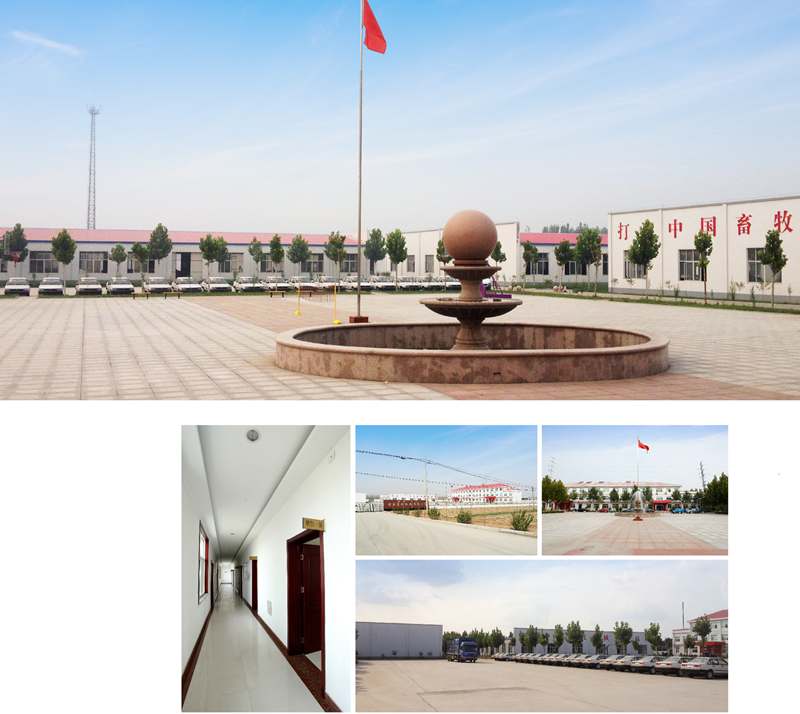
Shandong Huimin Qinle Livestock Machinery Co., Ltd. (formerly Shandong Huimin Qinle Livestock Machinery Factory) is a professional poultry equipment manufacturer with over 20 years of experience. We offer a comprehensive service package, from design (land and chicken coops), production (equipment and prefabricated steel coops), installation, commissioning, customer training, and after-sales service.
Located in Huimin County, Binzhou City, Shandong Province, China, the company has extensive experience in mechanical processing and manufacturing, as well as livestock machinery production and operation. With fixed assets of RMB 15 million, the company employs 160 people, including 30 R&D staff, and occupies a 40,000-square-meter factory. Equipped with over 110 pieces of advanced precision production equipment, including CNC machining centers and laser cutting machines, the company boasts a production capacity of RMB 50 million.
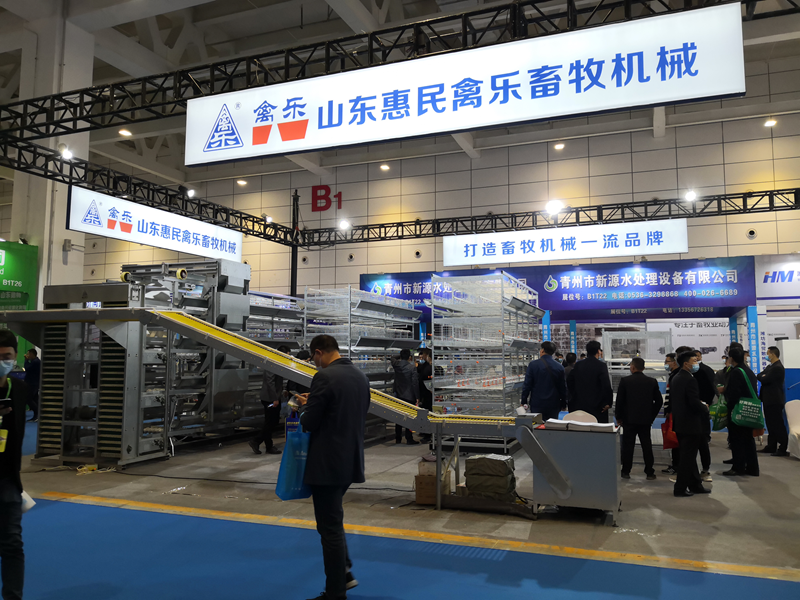
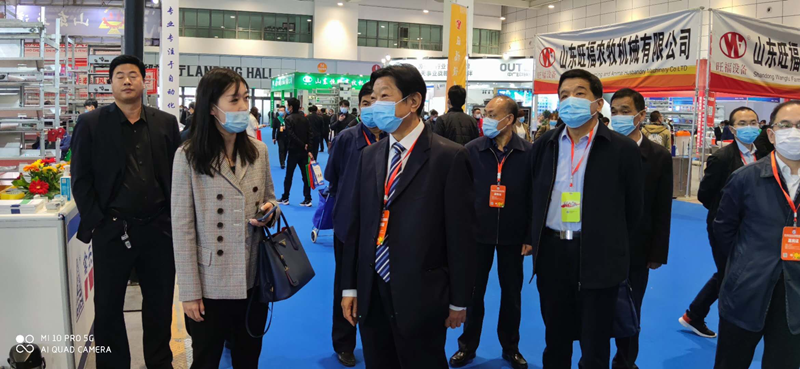
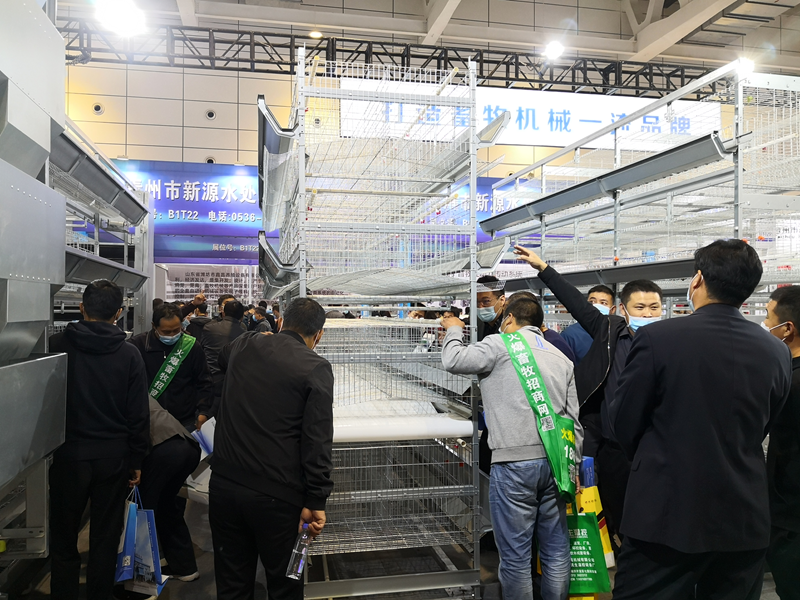
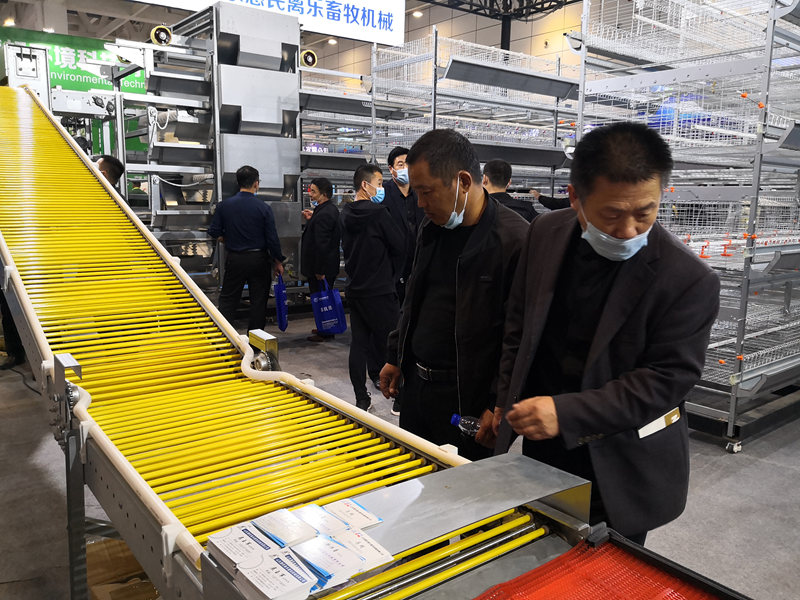
Chicken Farming Equipment Mesh Production Workshop

Machining Workshop
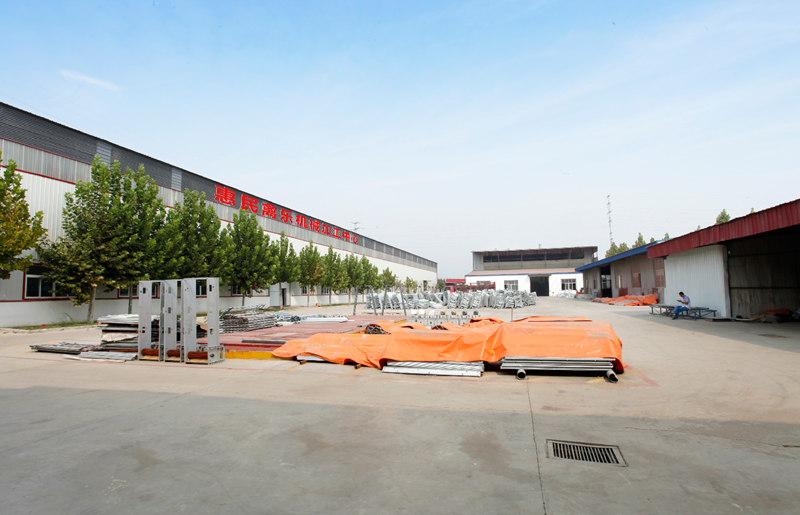
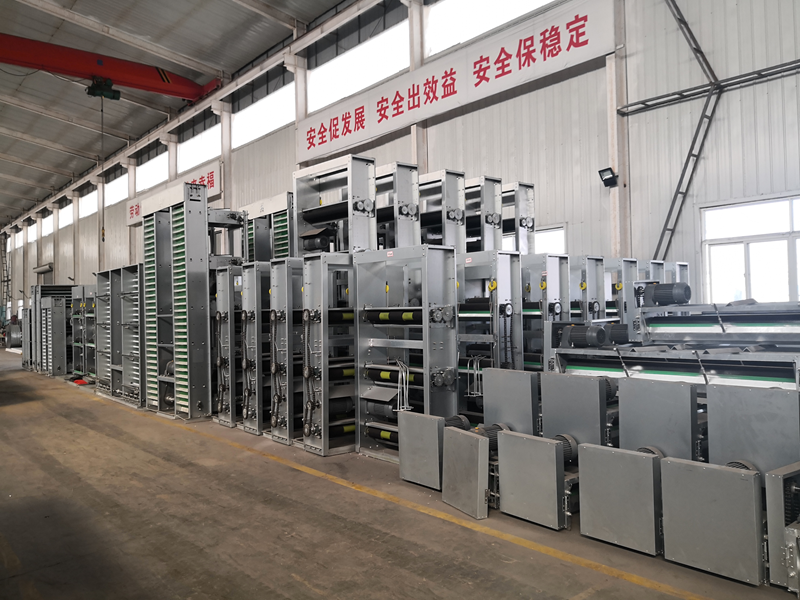
Turret-type CNC Punch Press, Laser Cutting and Other Machining Equipment
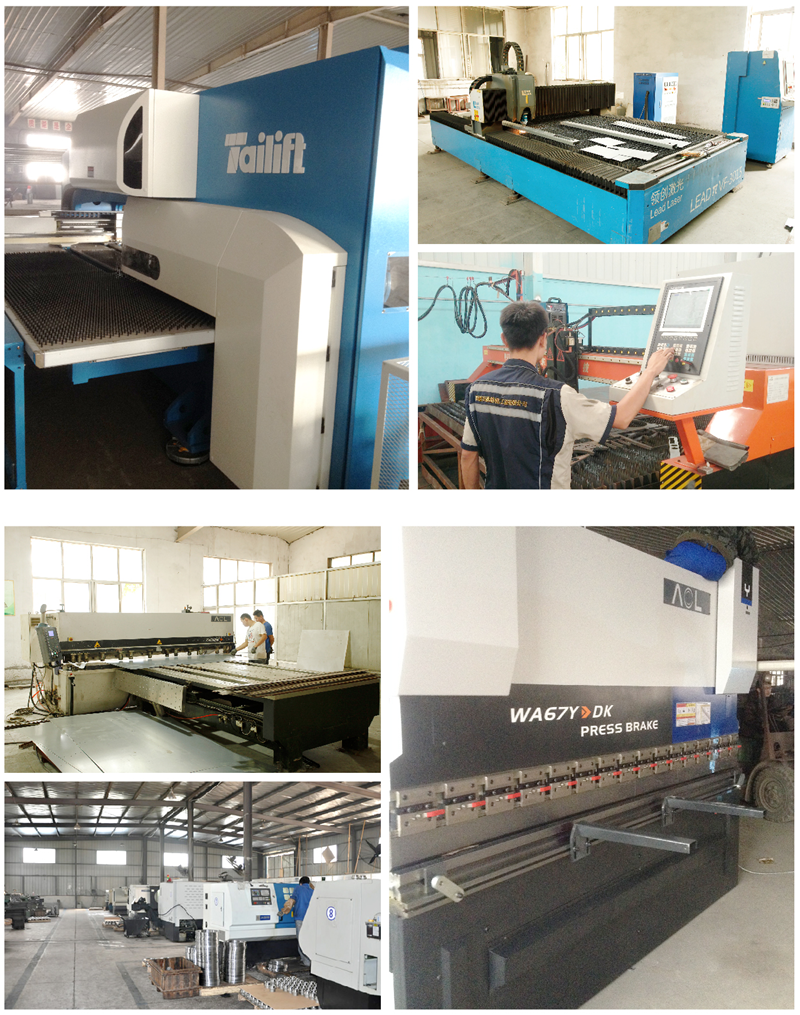
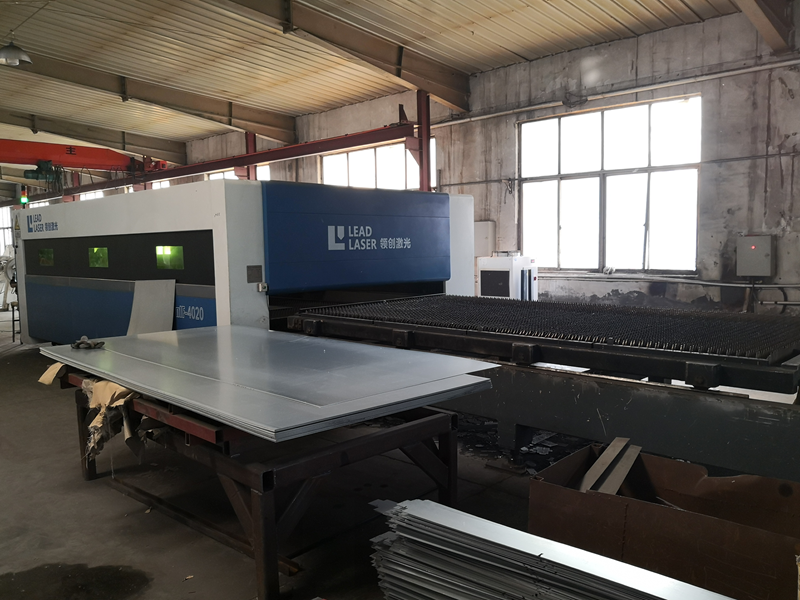

Fully Automated Roll Forming Production Line

Hot-dip Galvanizing Production Line

Electroplating Production Line
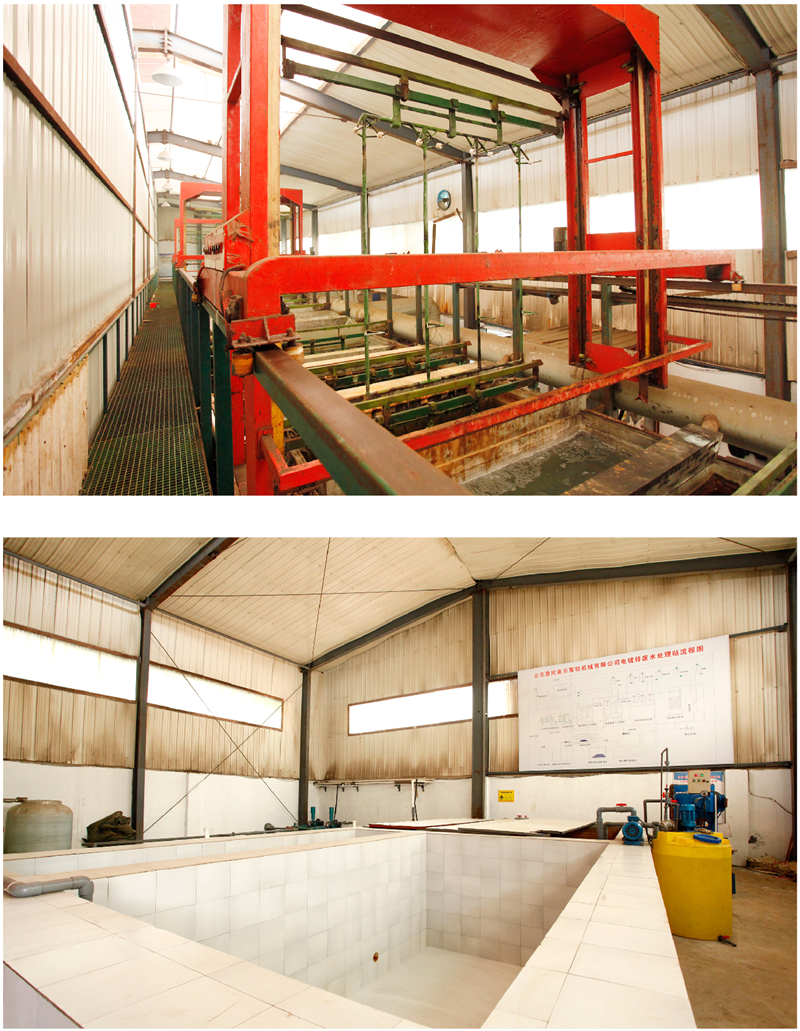
Environmental Protection Equipment
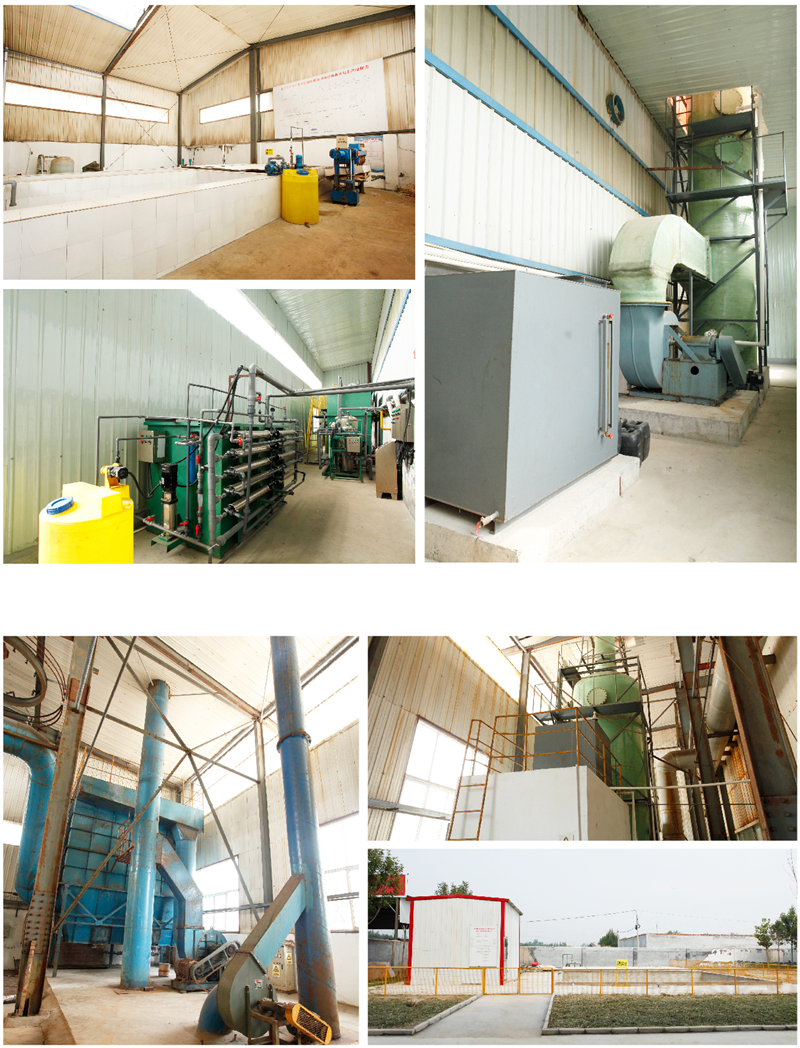
Chicken Farming Equipment Product Series
Egg-laying Hen Farming Equipment
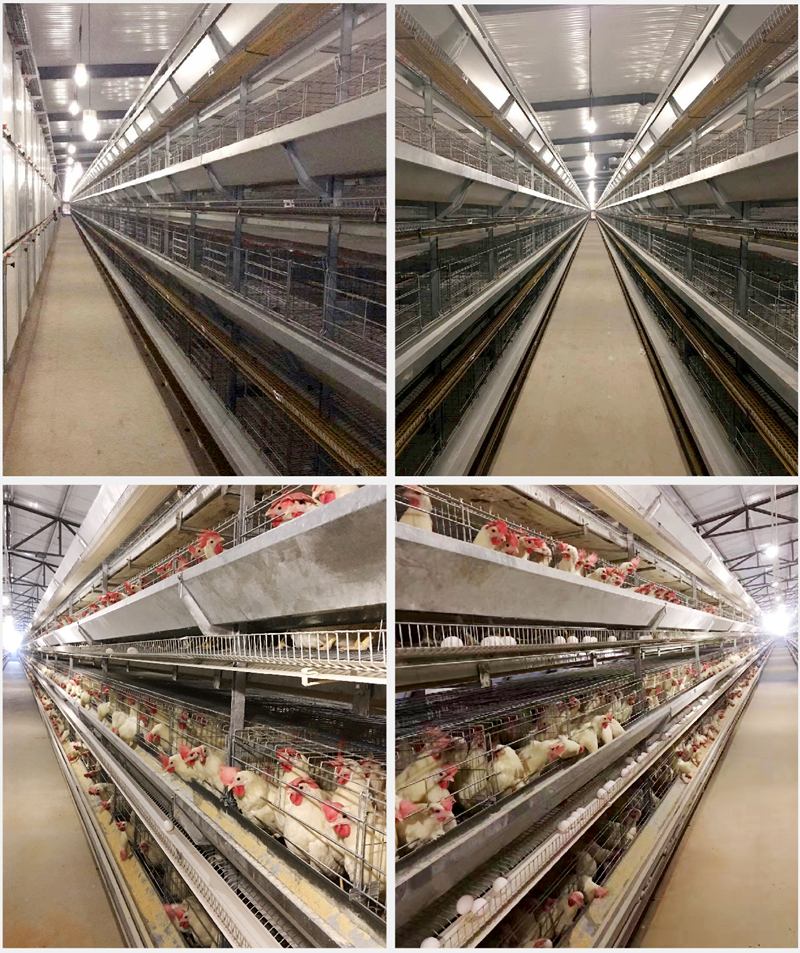
Stacked Brooding Cage Equipment

Stacked Broiler Cage Equipment
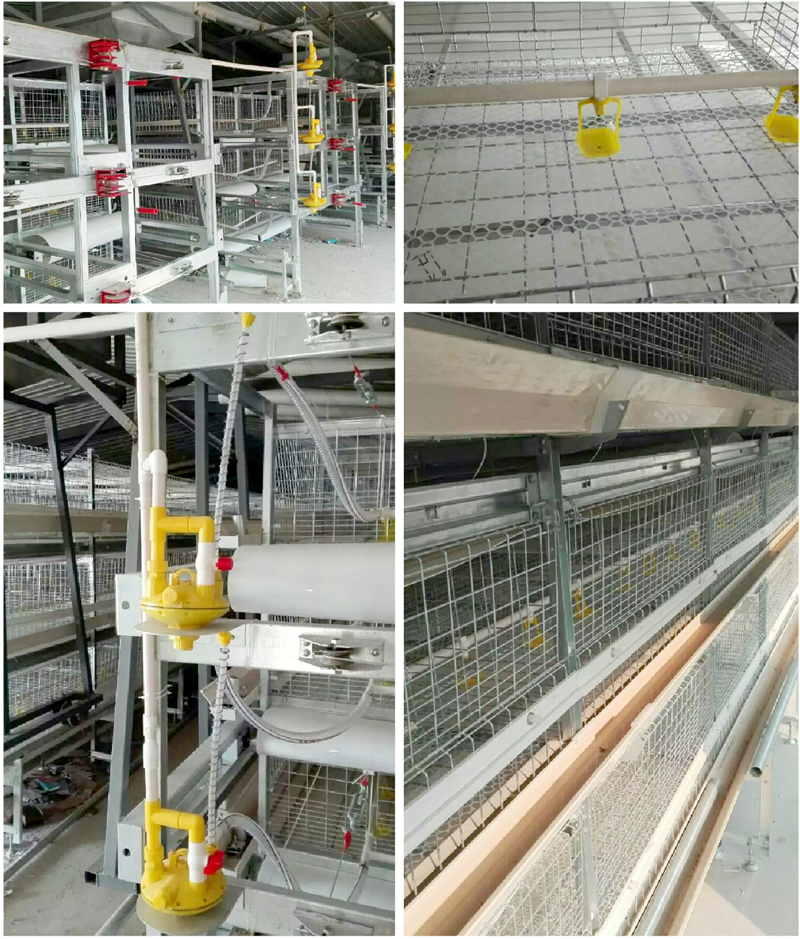
Stepped Layer Hen Cage Rearing Equipment
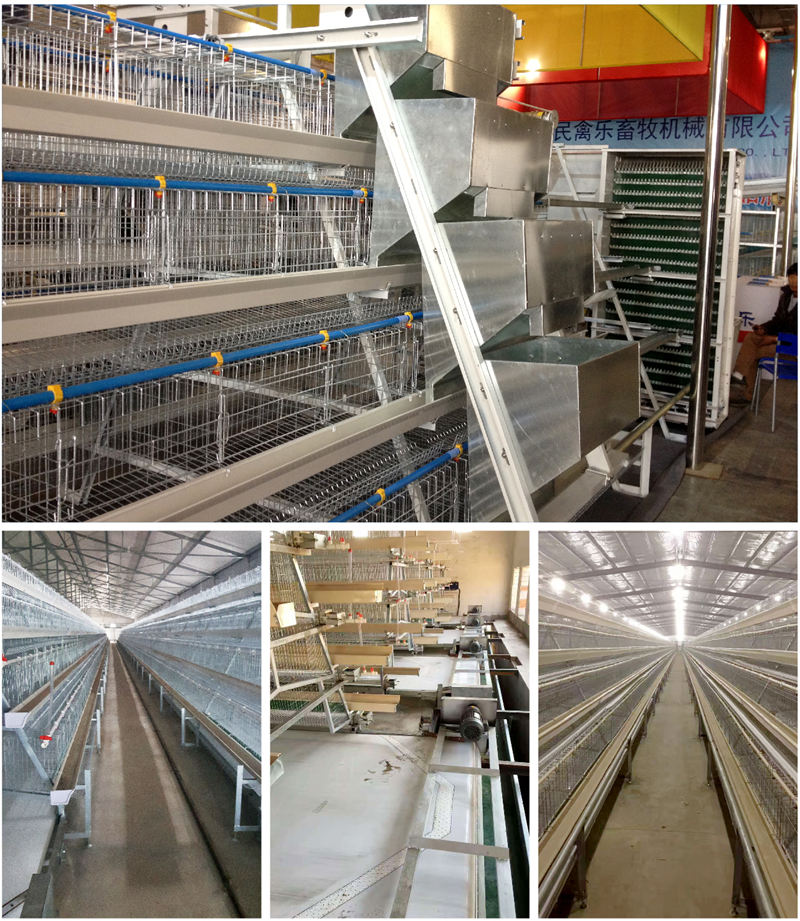
Automatic Egg Collection System
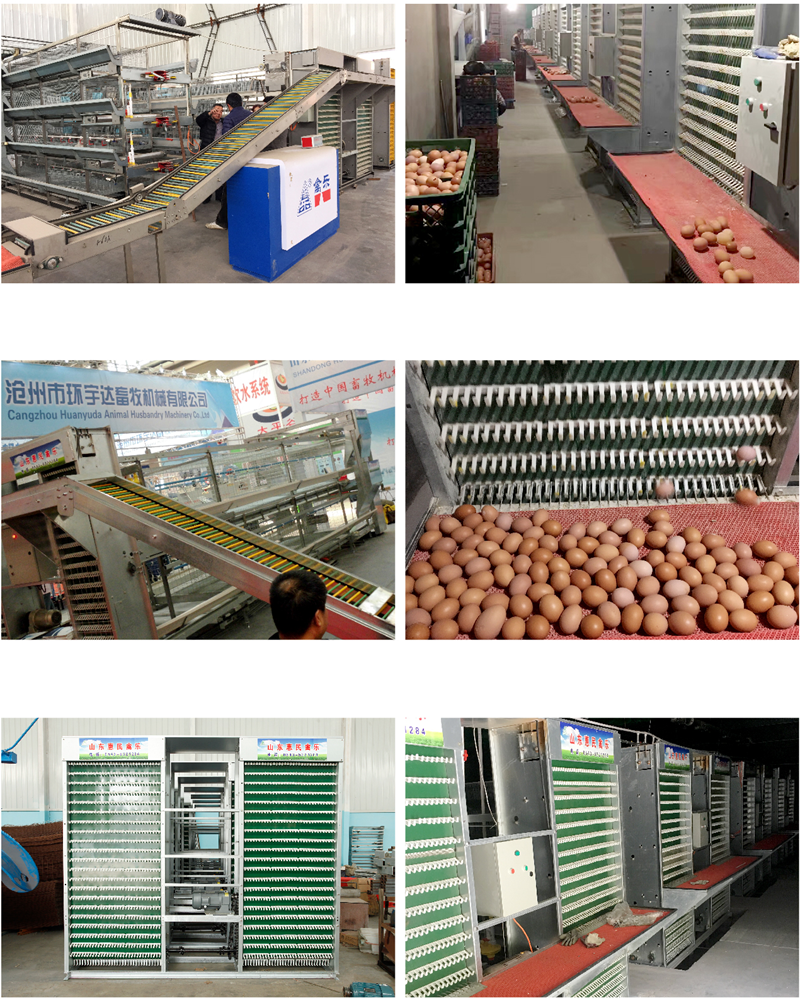
H-type Cage Feeding Machine
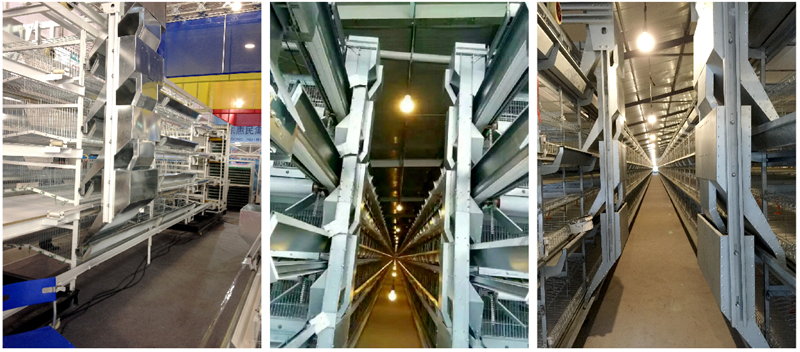
Stepped Cage Straddle Feeder
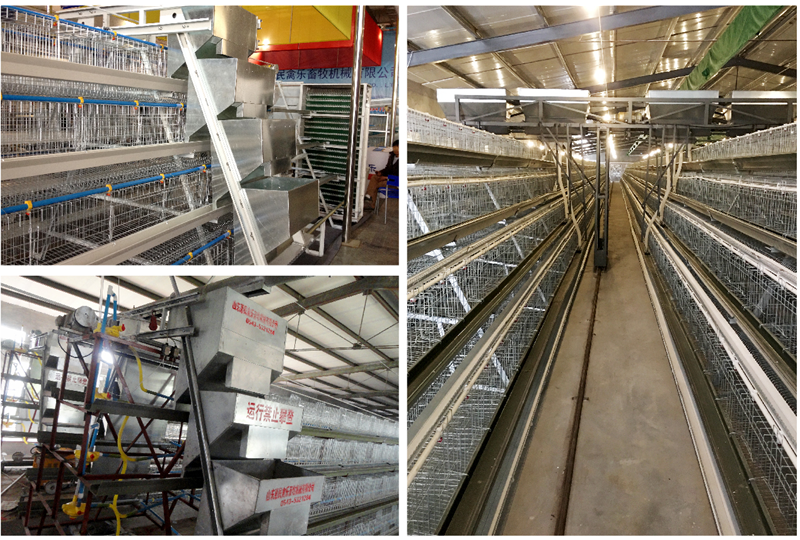
Manure Removal Machine
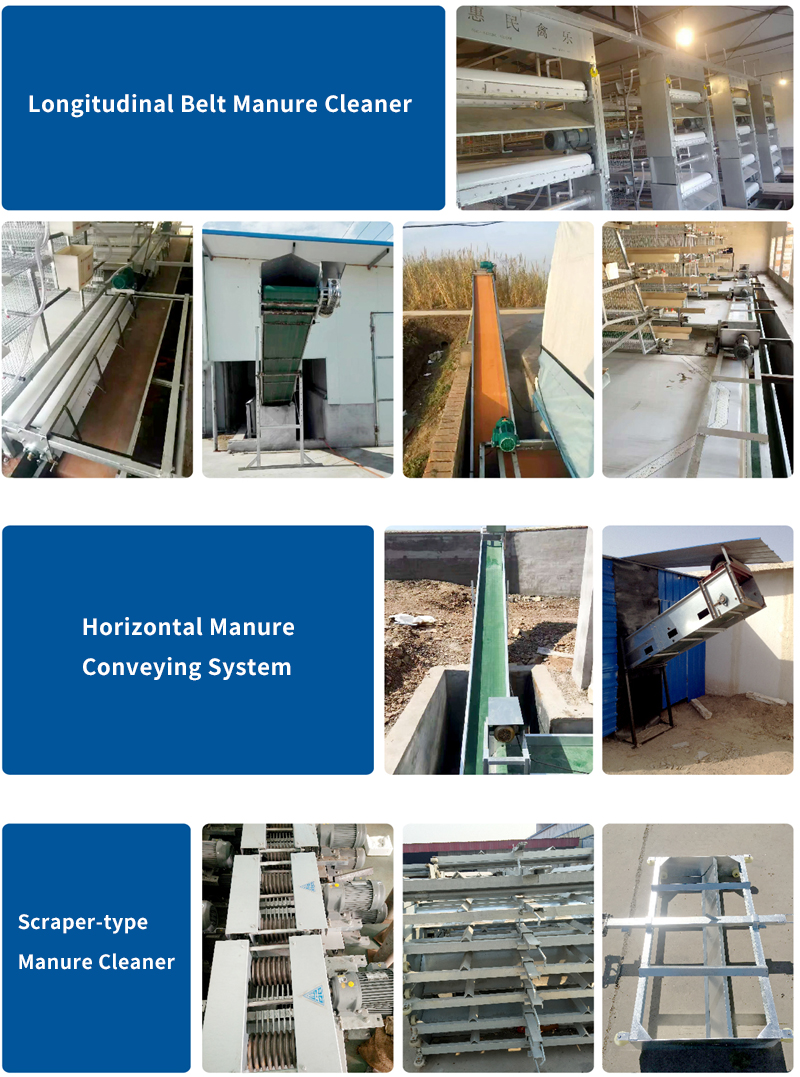
Fans, Heated Curtains, Environmental Control Systems, and Lighting Equipment
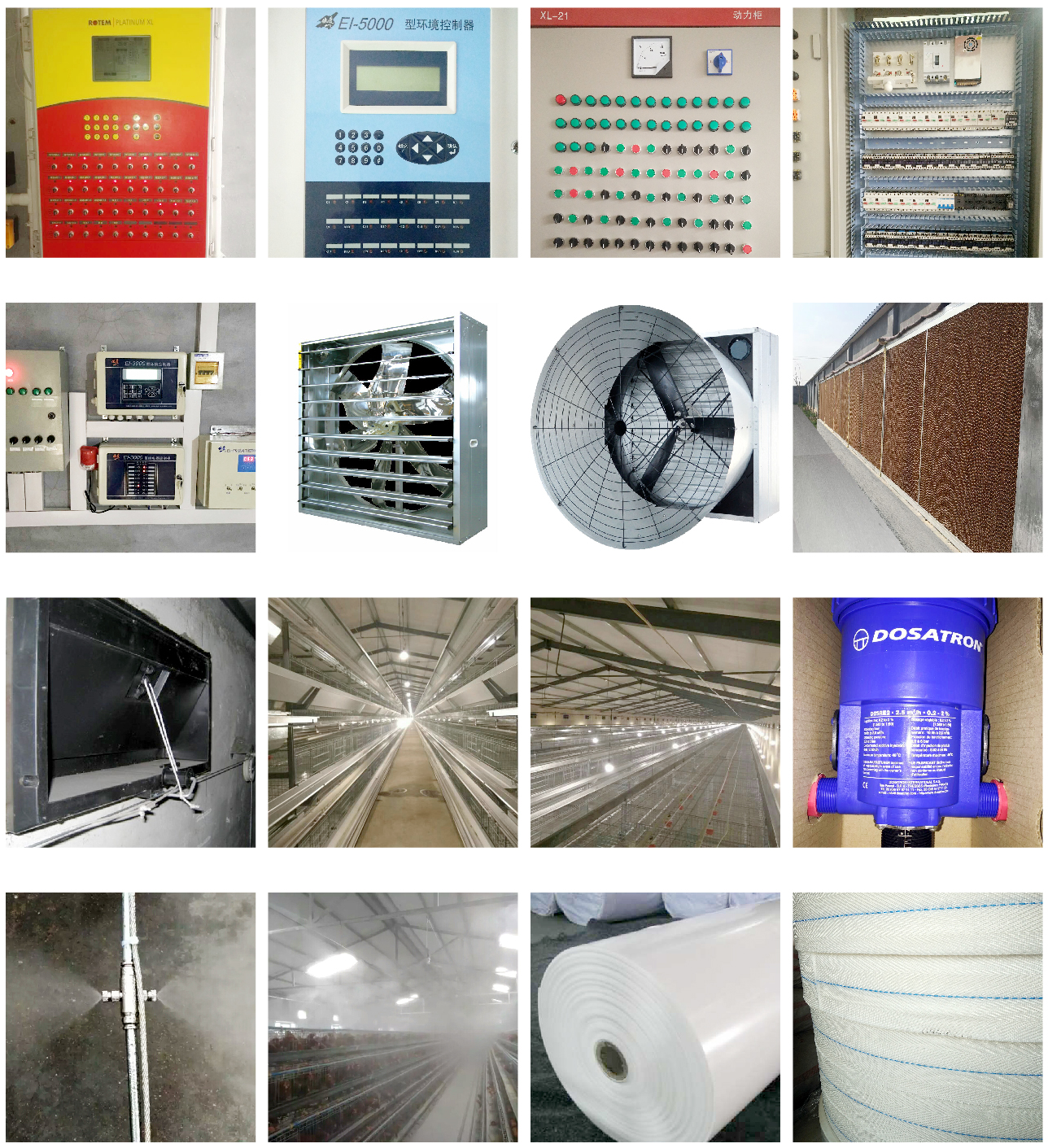
Complete Set of Equipment for Organic Fermentation Treatment of Manure
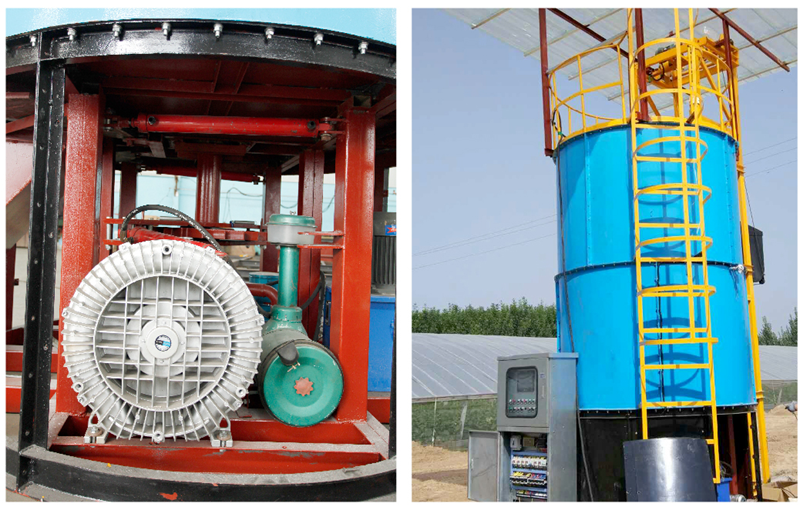

 Catalogue
Catalogue































 ada apa
ada apa Telepon
Telepon